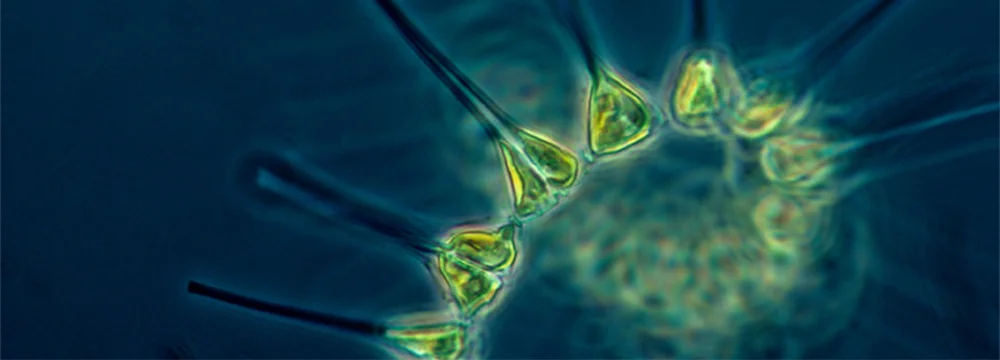< BACK TO LIST OF FOUNDING MEMBERS
Michael Garrick
Experience
I am a Professor of Biochemistry and Pediatrics at the University at Buffalo. I am still active there. My research focuses on iron homeostasis and is relevant to a series of diseases such as Sickle Cell Disease, Thalassemia, Hereditary Hemochromatosis and Parkinson’s Disease. I designed a test that detects Sickle Cell Disease in newborns using the specimens originally collected for the PKU test (Guthrie cards) and my wife and I discovered the intestinal iron importer called DMT1. I teach Biochemistry to Dental, Medical, Graduate, Pharmacy and Undergraduate students. I have consulted and testified as an expert on DNA in forensic applications in well over 100 cases. None of my nominal expertise relates in an obvious way to climate change.
My early years were spent in the Hampton Roads part of Virginia where I retain a home so I have watched the sea level in that area rise sufficiently that the risk of flooding is clearly higher than 75 years ago. So I have been concerned with why and am personally at risk for the economic impact. I have also watched certain sea birds like brown pelicans that were rarely if ever sighted in my childhood become frequent visitors. Reading of media reports and some scientific literature made me realize that it is challenging to use temperature readings at any one locality to evaluate the earth’s climate so my mind was fully prepared to appreciate what had kept a high school classmate from retiring when he and I compared notes on why we had not retired. His projects was the series of satellites that circle the earth with energy sensors that cover the entire spectrum pointed up for one type and down for the other group. The satellites therefore evaluate all incoming and outgoing energy. The data say that the earth is now retaining more energy than it did at the start of the study. It does not matter whether the trend is human caused or not. We either act prudently now or everyone on the planet will suffer the consequences. In other words what I bring to the group is an ability like most scientists to read data and think about what it means and the fortunate circumstance to have come across the right set of data to examine.
My expertise in nutritional biochemistry (I got my bachelor’s and doctorate at Johns Hopkins in the McCollum Pratt Institute at a time when Rachel Carson had only recently gotten her master’s and I was very molecular while she was very organismal so we were on different tracks) also makes me useful in thinking about some approaches to remediating what is happening like reversing the loss of chlorophyll. There are obvious approaches to this (planting trees) but less obvious ones too (seeding the sea with iron).
If issues come up where I have additional expertise, I will try to use it to help us come up with answers with which we all can associate.After writing this, I have had the opportunity to contribute by using my experiences with statistics and a statistical programming language called Stata.
